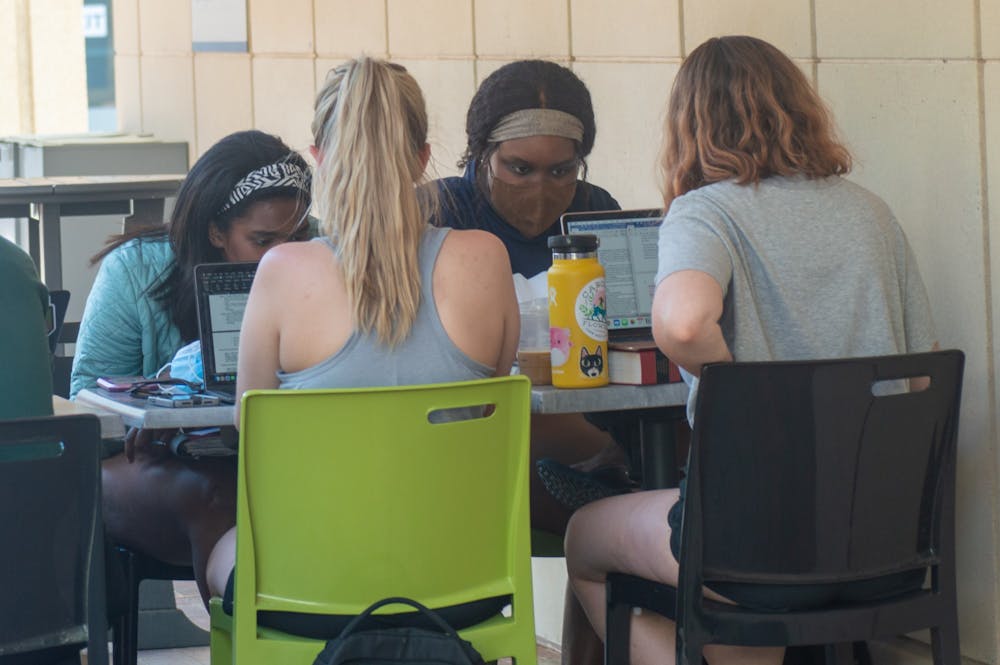A few days ago, I suddenly realized I have never taken a French class at UNC with more than two other people of color.
I came to this realization when one of my professors told the class that our Zoom room was a safe space to work through our feelings about the Derek Chauvin trial if anyone needed to. No one spoke up.
It is worth noting that our class has no Black students — the racial makeup of the class is three Asian people, including me, and about 15 white people.
While I appreciated our extraordinarily kind professor bringing up the trial, the question arose for me: do we really need a safe space if everyone in the space is already safe? And what about the Black students in other classes who may have been told that the classroom is a safe space, but do not actually feel safe in the classroom?
In the other, smaller French class I am taking this semester, every one of my classmates is white. (My best friend, who, like me, is South Asian, withdrew from the class a few weeks into the semester. But in the single session where we were both present, our professor confused the two of us for each other. It should go without saying that we don’t look anything alike.)
In this same class, we discuss religion and colonialism. This remains one of the few classes I have ever taken in the French department that explicitly discusses race, which isn’t surprising, considering the French are so averse to talking about race that it is actually illegal for the government to collect data about the race and ethnic origin of its citizens.
But the French department is not the only department with this issue.
Many of the classes I have taken at UNC — predominantly in the social sciences, since that is my major — are seriously lacking in diversity. Nearly 60 percent of undergraduates at this University identify as white, and the share of white students increases in UNC’s graduate and professional schools.
In lecture-based courses, one could argue that this doesn’t matter much. But in discussion-based courses, the diversity of experience of our classmates is paramount.




